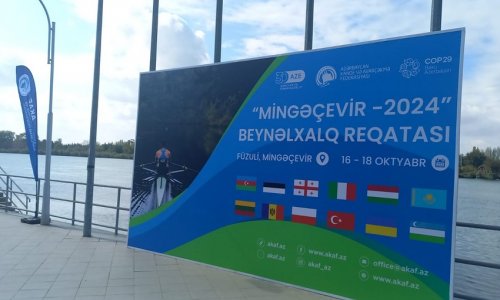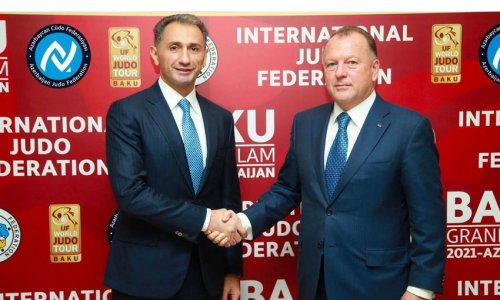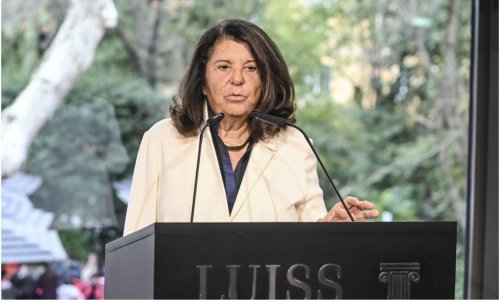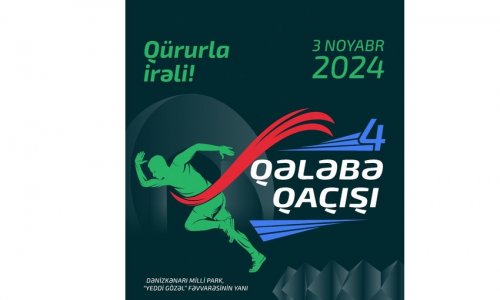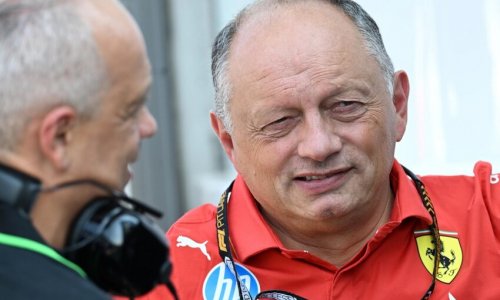Sure, Russia has a formidable delegation, winning medals in many events, from biathlon to bobsled. But it was the hockey team, representing the national sport, that would offer the world the most meaningful symbol of the country’s might.“We all, and I personally, wish you all luck,” Mr. Putin was quoted as saying in a visit to the Canadian Olympic team’s headquarters last week. “Of course, maybe not at all of the hockey matches.”No one will ever know for sure the pressure the team faced in its role as Russia’s great hope, only the humiliating ending it encountered.RELATED COVERAGEGoalie Jonathan Quick made a glove save for the United States, which advanced to a semifinal match against Canada.United States 5, Czech Republic 2: Luck’s on Their Side, but Americans Don’t Need It in RoutFEB. 19, 2014The Swedish defenseman Erik Karlsson is tied for third in the tournament scoring with five points as Sweden posted a 3-0 record in preliminary play and gained the top seed.For Fleet-Footed Karlsson, Safety Comes in a SockFEB. 18, 2014Finland defeated Russia, 3-1, on Wednesday in front of a homeland audience that had all but demanded that its men’s hockey team deliver Russia’s first Olympic gold medal in its national sport since 1992, when it competed along with other former Soviet republics as the Unified Team.The Russians won three of their five games but were eliminated before the medal round had even begun. For them, the Sochi Games might as well be over.“If we had just won the gold medal in hockey, we could have forgotten about all the other medals — everything else,” said Salavat Fokin, 21, a law student from Moscow working as a volunteer at the Games.No matter that Russia is near the top of the medal standings, with 22, or that its figure skaters are still in pursuit of medals. For an outsize portion of the host country’s populace, the only things left at the Sochi Games are blame and anguish.“I have lost any desire to stay here any longer,” said Dmitry Pechenik, 18, an Olympic volunteer from Moscow. “There is no sense to stay. As for me, the Olympic flame can be put down as well.”A team of immense talent was wobbly when it arrived on the sport’s biggest international stage, then quickly fell flat on its face. Russia, once the hockey wonderland, has only a silver and a bronze since the National Hockey League started sending players to the Olympics in 1998.The disappointment reverberated in the upper ranks of the Russian government. Mr. Putin, who attended Russia’s games over the weekend — a loss to the United States on Saturday and a victory over Slovakia on Sunday — did not immediately issue any reaction. Aleksei K. Pushkov, the chairman of the Foreign Affairs Committee in the Russian Parliament, voiced disappointment but not shock. “We have a number of good players,” Mr. Pushkov said. “But we don’t have a team.”The Soviet Union won the Olympic gold in seven of nine appearances between 1956, when it made its ice hockey debut, and 1988, before the country broke up in 1991.The team’s coach, Zinetula Bilyaletdinov, bore the brunt of the harsh reaction after the game Wednesday, when he was challenged by the Russian news media.In the news conference featuring both head coaches, the first eight questions were directed at Mr. Bilyaletdinov, 58, a soft-spoken man whose voice rose above a murmur only once, when a reporter said in Russian: “Can you address the overall result of the Russian team in the Olympics? It is a catastrophe.”Mr. Bilyaletdinov blanched. “Let’s not play word games,” he said. “I said it was unsuccessful. We can call it whatever.”Russia was holding its collective breath with this team and was prepared to keep holding it through the gold medal game on Sunday, the grand finale before the closing ceremony.The joy that Canada experienced four years ago — triumph for its hockey team as a prelude to the farewell ceremony in Vancouver — seemed attainable, if not assured. Instead, the players will scatter as if seized by an ill wind, returning to North America or their Russian league teams while the Games draw to their anticlimactic close for the host country.“It is hard to say something now — it’s just emptiness,” said Sergei Bobrovsky, a goaltender who replaced the starter, Semyon Varlamov, in the second period after Finland took a 3-1 lead.The Russians were like a mosaic in which all the beautiful individual pieces, when put together, clash instead of connect. The roster featured 16 players from the N.H.L., and 9 from the Kontinental Hockey League, a league based in Russia.In the spotlight’s glare, the Russians came unglued. They whiffed on shots. They made the extra pass when they should have shot and shot when they should have made the extra pass. Alex Ovechkin, who leads the N.H.L. in goals this season, with 40, scored early in the first period of Russia’s first game, then did not score again.One did not have to be wearing Russian red to feel their stress. The Finnish forward Teemu Selanne, who scored the go-ahead goal in the first period and collected the first assist on the insurance goal in the second, said: “In a way, I feel sorry for Ovi and the rest of his teammates. They had a big dream to win the gold medal in their home tournament.”Where does the Russian team, and its millions of loyal followers, go from here? After a long preamble, the first Russian-speaking reporter in the news conference got to the point.“Are you staying?” he asked Mr. Bilyaletdinov, who did not blink.“Well, I want to stay,” he said, “but that is probably a question to be answered by someone else.”As Mr. Bilyaletdinov saw it, his fate had already been decided by one influential group. In a Russian-speaking scrum after the orderly news conference, a reporter again brought up the subject of Mr. Bilyaletdinov’s future and noted that Vyacheslav Bykov, the Russian national team coach in 2010, “was eaten alive” after the Russians’ quarterfinal loss to Canada, and subsequent exit, at the Vancouver Games.“Well, eat me now,” Mr. Bilyaletdinov told reporters. “You’ll eat me, and I’ll be gone.”(nytimes.com)ANN.Az
In Hockey Loss, Russian Pride Yields to Gloom
Sport
23:00 | 20.02.2014
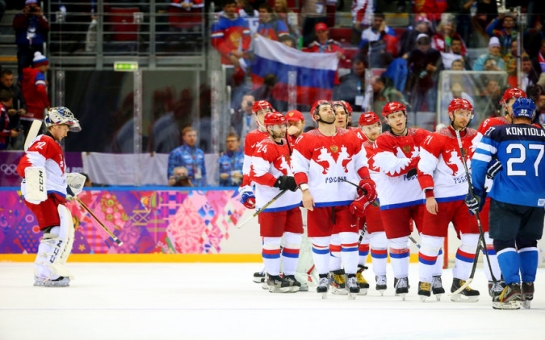
In Hockey Loss, Russian Pride Yields to Gloom
President Vladimir V. Putin and any other Russian who was asked made it plain that the Sochi Games’ success hinged on the Russian men’s hockey team.
Follow us !

